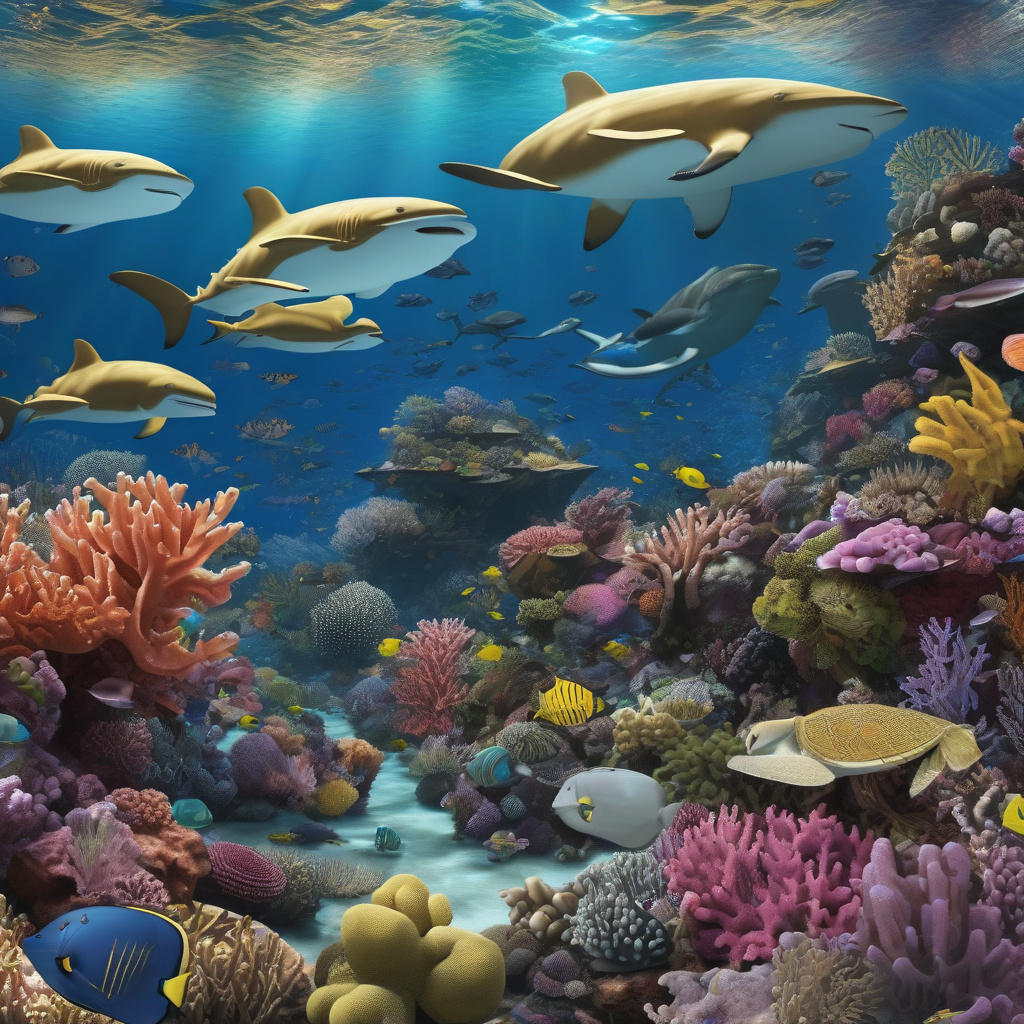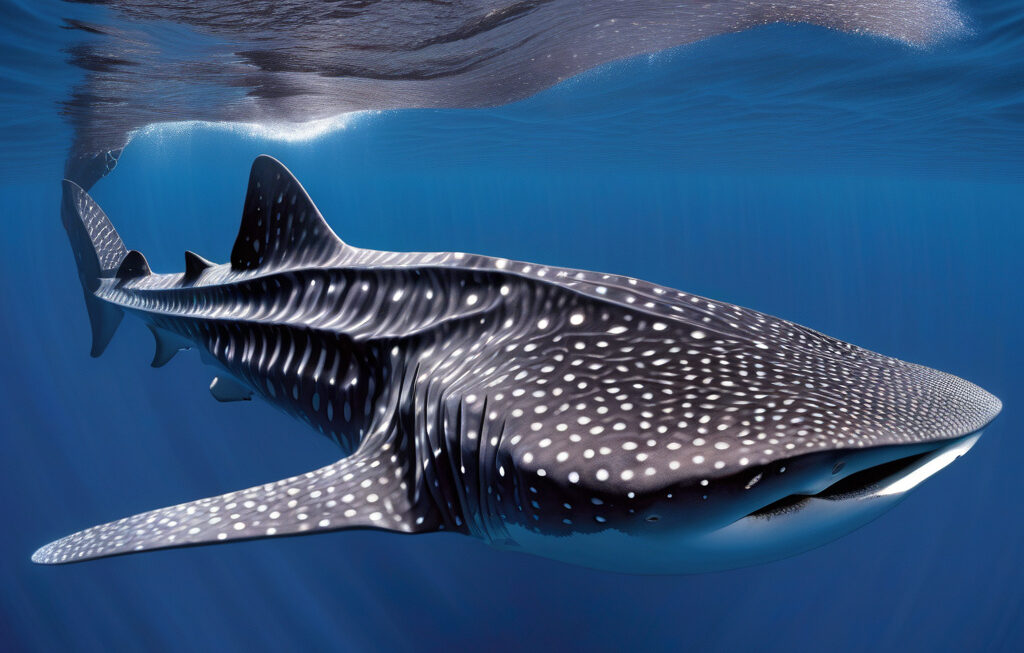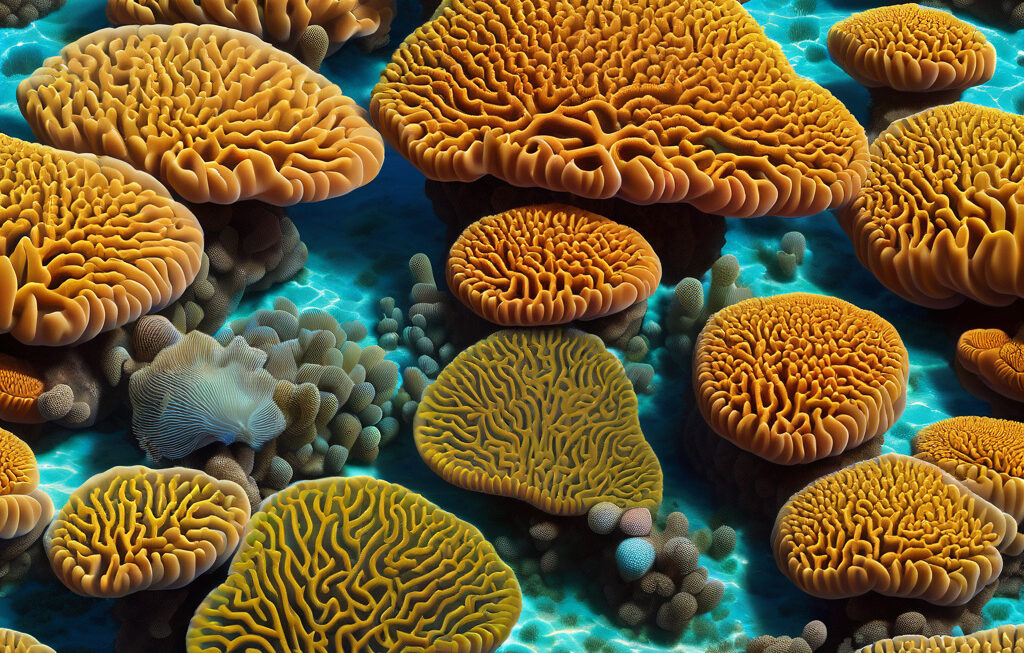University of Exeter Study Reveals: Marine Protected Areas Vital for Ocean Animal Conservation
Marine Protected Areas (MPAs) have emerged as crucial sanctuaries for large ocean animals, safeguarding them throughout significant stages of their lifecycle. A recent study conducted by the University of Exeter underscores the pivotal role of MPAs in the conservation of marine biodiversity. This research sheds light on the immense importance of establishing and maintaining these protected zones to ensure the survival and well-being of diverse marine species.
The study, which delved into the impact of MPAs on large ocean animals, offers valuable insights into the effectiveness of these designated areas in providing a safe habitat for marine life. By creating extensive MPAs, conservationists can mitigate the various threats faced by ocean animals, including overfishing, habitat destruction, and climate change.
One of the key findings of the University of Exeter study is the significant protection that MPAs offer to marine animals throughout their lifecycle. These protected areas serve as critical breeding grounds, feeding areas, and migratory routes for a wide range of species, including whales, sharks, sea turtles, and seabirds. By safeguarding these essential habitats, MPAs play a vital role in ensuring the survival of these species and maintaining healthy marine ecosystems.
Furthermore, the research highlights the interconnected nature of marine environments, emphasizing the need for comprehensive conservation strategies that encompass entire ecosystems. MPAs not only protect individual species but also contribute to the overall health and resilience of marine habitats. By preserving biodiversity and promoting ecosystem balance, MPAs help sustain the intricate web of life in the oceans.
The University of Exeter study underscores the urgent need for expanding and enhancing the network of MPAs worldwide. As human activities continue to exert pressure on marine ecosystems, the establishment of more extensive and better-managed protected areas is essential to mitigate the impact of these stressors. By creating a global network of MPAs that are strategically located and effectively enforced, conservation efforts can be significantly amplified, offering greater protection to marine biodiversity.
In conclusion, the research conducted by the University of Exeter reaffirms the critical role of Marine Protected Areas in safeguarding large ocean animals and preserving marine ecosystems. By recognizing the importance of these designated zones and taking proactive steps to expand their coverage and improve their management, we can ensure a sustainable future for marine life and the health of our oceans.
As we move forward, it is imperative that policymakers, conservation organizations, and the public work together to support the establishment and maintenance of MPAs as a cornerstone of marine conservation efforts.
#MarineConservation, #UniversityofExeter, #BiodiversityProtection, #OceanHealth, #MPAsImportance












